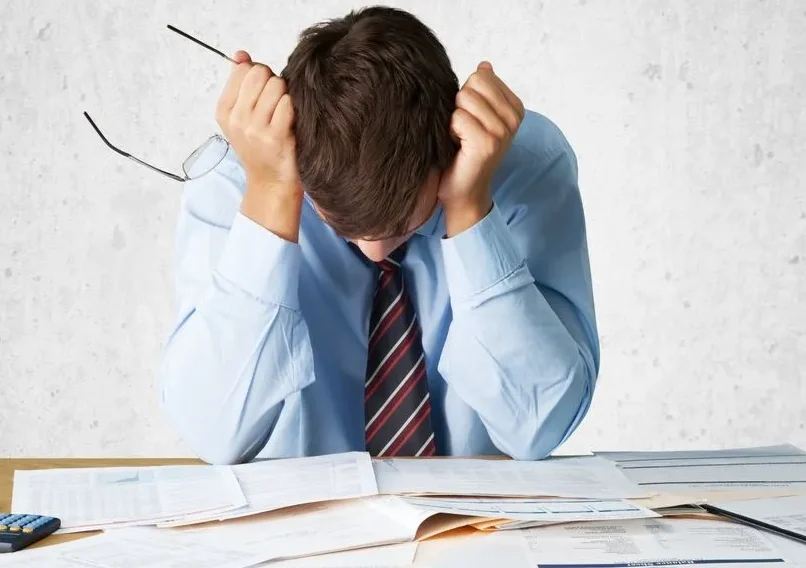Insolvency proceedings are the legal response to the situation of insolvency (which arises when the debtor is unable to pay all his debts due). In fact, it is a real legal duty of the debtorr apply within two months after you know (or should know) that you are in insolvency (voluntary insolvency proceedings).
What happens if I don't apply?
If it fails to do so, any of its creditors may request that it be declared bankrupt, which gives rise to insolvency proceedings. On the other hand, the debtor's failure to file for insolvency proceedings, when he should have done so, can have important consequences, The insolvency proceedings could be classified as culpable and the liability of the company's administrators to be ordered to pay the unpaid claims in the insolvency proceedings, if it is proven that this delay has generated or aggravated the insolvency situation.
Can I apply before I am obliged to do so?
If, although not yet obliged, the debtor may also file for insolvency proceedings when he is in a situation of imminent insolvency, i.e. if you anticipate that you will not be able to meet all your obligations or debts in the next three months.
Who can file for insolvency proceedings?
Insolvency proceedings applies to all types of debtors, both entrepreneurs and consumers, both legal persons (companies) and individuals. It is requested before the commercial court, even if the debtor is a non-trading natural person. There are many possibilities within the insolvency proceedings: from proposing an agreement to the creditors to resize the debt, to selling the production unit to a third party (who will not assume the liabilities, with some exceptions), or, finally, to liquidate the company in an orderly manner.
On the other hand, the arrangement with creditors is the prelude to the discharge of unsatisfied liabilities, in the event that the debtor is a natural person seeking a second chance, for which his or her arrangement with creditors must have been previously concluded. If you are interested in a second chance lawyer click here.
However, certain types of debtors (entrepreneurs or self-employed) that meet a series of legally established parameters cannot file for insolvency proceedings, but must do so under the so-called special procedure for micro-companies, regulated in the Third Book of the revised text of the Insolvency Act. Specifically, these are entrepreneurs with fewer than ten employees and an annual turnover of less than seven hundred thousand euros or liabilities (i.e. total debt) of less than three hundred and fifty thousand euros, according to the latest annual accounts. Consumers will therefore still have to apply for insolvency proceedings.
The special procedure in Book Three serves essentially the same purpose as the arrangement with creditors, i.e. either to reach a continuation plan with creditors or to carry out the liquidation of the business.
It is therefore highly advisable to bring forward the application for bankruptcy (or special procedure) as much as possible, in order to make the most of the potential of these tools and avoid the undesired effects of applying late or not at all.
If you are unclear about the procedure to follow, or what type of lawyer to hire, you can talk to a lawyer. lawyer specialising in insolvency law.



